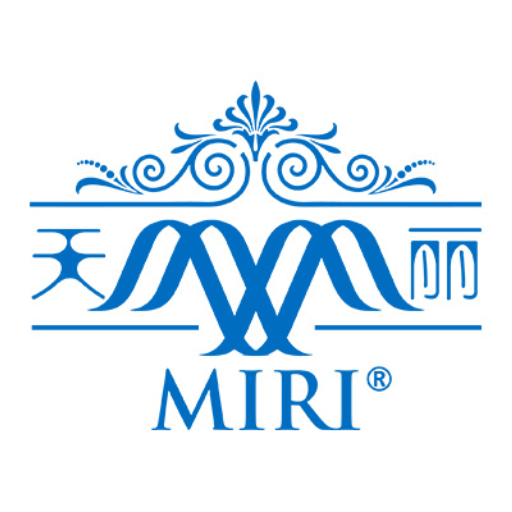Menopause and Vaginal Health: Navigating Intimacy and Comfort During the Transition
Menopause marks a significant phase in a woman’s life, characterized by the natural decline in estrogen levels that affects various aspects of health, including vaginal wellness. As many women approach this transition, understanding how menopause influences vaginal health can empower them to maintain comfort and intimacy. This blog explores the changes that occur, common challenges, and practical strategies for support, drawing on established wellness approaches to help you thrive.
Understanding Vaginal Changes in Menopause
During menopause, the drop in estrogen can lead to vaginal atrophy, a condition where the vaginal tissues become thinner, drier, and less elastic. This is often accompanied by symptoms like itching, burning, or discomfort during intercourse, known as dyspareunia. According to health experts, these changes affect up to 50% of postmenopausal women, impacting not just physical comfort but also emotional well-being and relationships.
It’s important to recognize that these shifts are a normal part of the body’s adaptation. Factors such as hormonal fluctuations, aging, and even certain medications can exacerbate dryness and irritation. For deeper insights into hormonal shifts, check out our previous post on Menopause Hormonal Shifts: Navigating Estrogen Decline and Natural Wellness Strategies, which details how estrogen decline influences overall health.
Common Symptoms and Their Impact
Women may notice increased urinary tract infections (UTIs) due to the altered vaginal environment, which becomes less acidic and more susceptible to bacteria. Painful intercourse can strain intimate relationships, leading to reduced libido or avoidance of sexual activity. Mood swings and fatigue, common in menopause, can compound these issues, creating a cycle of discomfort.
Beyond physical symptoms, vaginal health plays a role in confidence and self-image. As explored in our article Embracing Menopause: A Fresh Perspective on Your Body’s Natural Transition, viewing these changes as part of a broader journey can foster acceptance and proactive care.
Natural Strategies for Relief
Fortunately, several natural approaches can alleviate these symptoms. Staying hydrated and incorporating phytoestrogen-rich foods like soy can help mimic estrogen’s effects, supporting tissue health. Regular pelvic floor exercises, such as Kegels, strengthen muscles and improve circulation, reducing discomfort.
Topical moisturizers and lubricants provide immediate relief for dryness, while supplements tailored for hormonal balance offer long-term support. For instance, Miri Feminine Essence is designed to ease menopause symptoms, including vaginal dryness, by promoting hormone balance and enhancing overall vitality. Additionally, incorporating omega-3 fatty acids from fish oil can reduce inflammation and support mucosal health.
Lifestyle adjustments are key. Avoiding irritants like scented soaps and wearing breathable cotton underwear prevents further irritation. Gentle yoga or mindfulness practices can also reduce stress, which often worsens symptoms.
Maintaining Intimacy and Emotional Connection
Intimacy doesn’t have to diminish during menopause. Open communication with partners about changes can strengthen bonds. Exploring non-penetrative forms of closeness, like sensual massages, keeps the spark alive. As discussed in our guide to Sex After Menopause, many women report heightened emotional connections post-transition when physical barriers are addressed.
For those experiencing persistent issues, consulting a healthcare provider is advisable to rule out infections or other conditions. Hormone therapy might be an option, but natural alternatives like herbal remedies can complement medical advice.
Supporting Overall Vaginal and Hormonal Health
Beyond immediate relief, focusing on holistic wellness sustains vaginal health. A diet rich in antioxidants from berries and greens combats oxidative stress, while probiotics support the vaginal microbiome, preventing infections. Regular check-ups ensure early detection of any concerns.
Supplements like Miri Collagen Protein can aid in maintaining tissue elasticity, indirectly benefiting vaginal health by supporting collagen production throughout the body. Combining these with exercise and adequate sleep forms a robust defense against menopause-related changes.
Embracing the Journey with Confidence
Menopause and vaginal health challenges are navigable with the right knowledge and tools. By prioritizing natural strategies and self-care, women can reclaim comfort and joy in their bodies. Remember, this transition is an opportunity for renewal—embrace it with the support of informed choices and community resources.
For more on managing menopause holistically, explore our related content on Menopause Mastery: Embracing Your Body’s Transformation with Confidence and Vitality. You’re not alone in this empowering phase.
